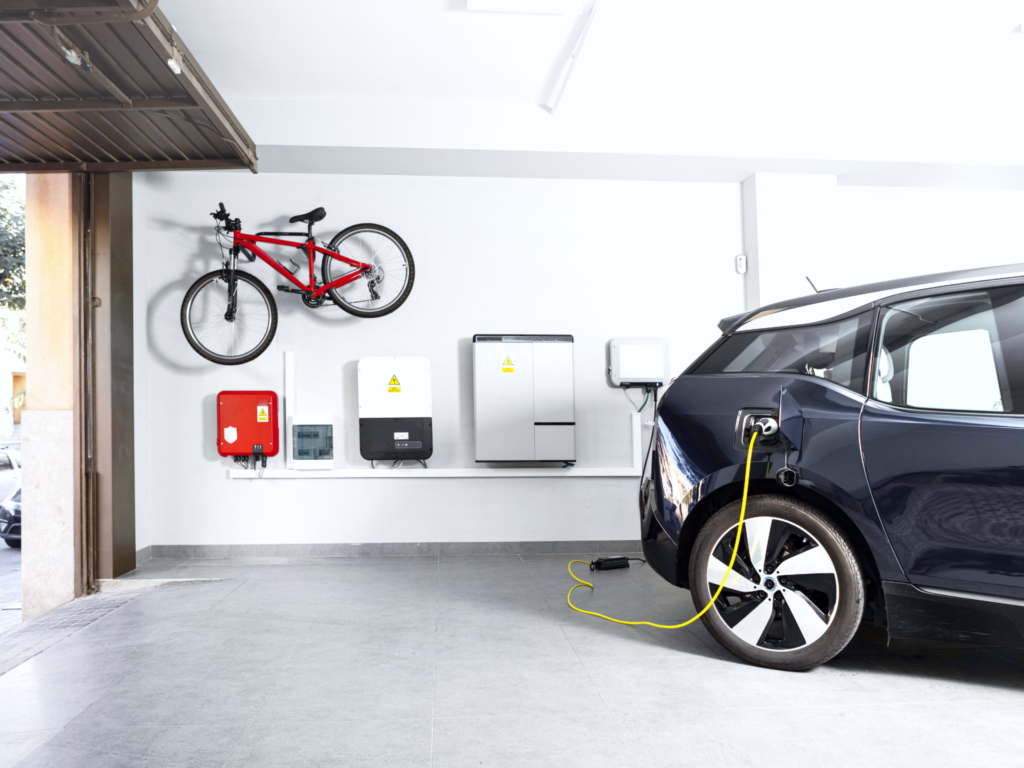Discover the Various Electric Vehicle Charging Types
Introduction to Electric Vehicle Charging
As electric vehicles (EVs) gain popularity for their sustainability and efficiency, they present a compelling alternative to traditional gasoline-powered cars. However, potential owners may find the prospect of charging these vehicles daunting due to a lack of understanding. In this article, we will explore the basics of electric vehicle charging stations and their functionality, as well as provide a helpful resource on the topic from the U.S. Department of Energy.

Understanding Charging Station Levels
Electric vehicle charging stations primarily come in two forms: Level 1 and Level 2.
2.1 Level 1 Charging Stations
Level 1 charging stations, often found in residential homes, use a standard 120-volt electrical outlet and can fully charge an EV in 8-12 hours.
2.2 Level 2 Charging Stations
Conversely, Level 2 charging stations, typically located in public areas such as parking garages, shopping centers, and workplaces, rely on a 240-volt outlet and can charge an EV within 4-6 hours.
2.3 Level 3 Charging Stations (DC Fast Charging)
The most advanced charging solution, Level 3 or DC fast charging stations, can recharge an EV in under an hour using a 480-volt outlet. These stations are commonly placed at highway rest stops and high-traffic locations, offering a convenient option for EV owners in need of a quick charge. However, the advanced technology of Level 3 charging stations results in higher installation costs compared to other types.
The Charging Process Explained
Charging an electric vehicle is a simple process. Connect the vehicle to the charging station using the appropriate cable and plug, and the vehicle will begin charging automatically.
Payment Methods for Charging Stations
Keep in mind that charging stations typically require payment for electricity usage, which can be done via credit card, app, or membership card.
Compatibility of Electric Vehicles and Charging Stations
It is crucial to recognize that not every electric vehicle is compatible with all charging stations in Seattle, as each vehicle features a unique charging port and connector. Consequently, verifying the compatibility between your vehicle and the charging station is essential before usage. Typically, electric vehicles are equipped with a charging cord designed to plug into a standard 120-volt outlet.
Tips for a Smooth Charging Experience
For more detailed information, it is advisable to consult your vehicle’s owner manual.
Future Developments in EV Charging Technology
As the electric vehicle market continues to grow, advancements in charging technology will help improve the overall experience for EV owners, making it even more convenient and efficient.
Consider Your Charging Needs
Understanding electric vehicle charging stations is an essential part of owning an electric vehicle. There are different types of electrical charging stations available, each with its own advantages and disadvantages. It’s important to consider your charging needs and choose a charging station that meets your requirements. With an increasing number of electric vehicles on the road, it’s also important to ensure that EV charging stations are available. In public places, such as parking garages, shopping centers, and workplaces.
Looking to complement your EV charger with a backup energy solution? Learn about home energy storage systems and whole-house generators to keep your EV powered, even during outages.
